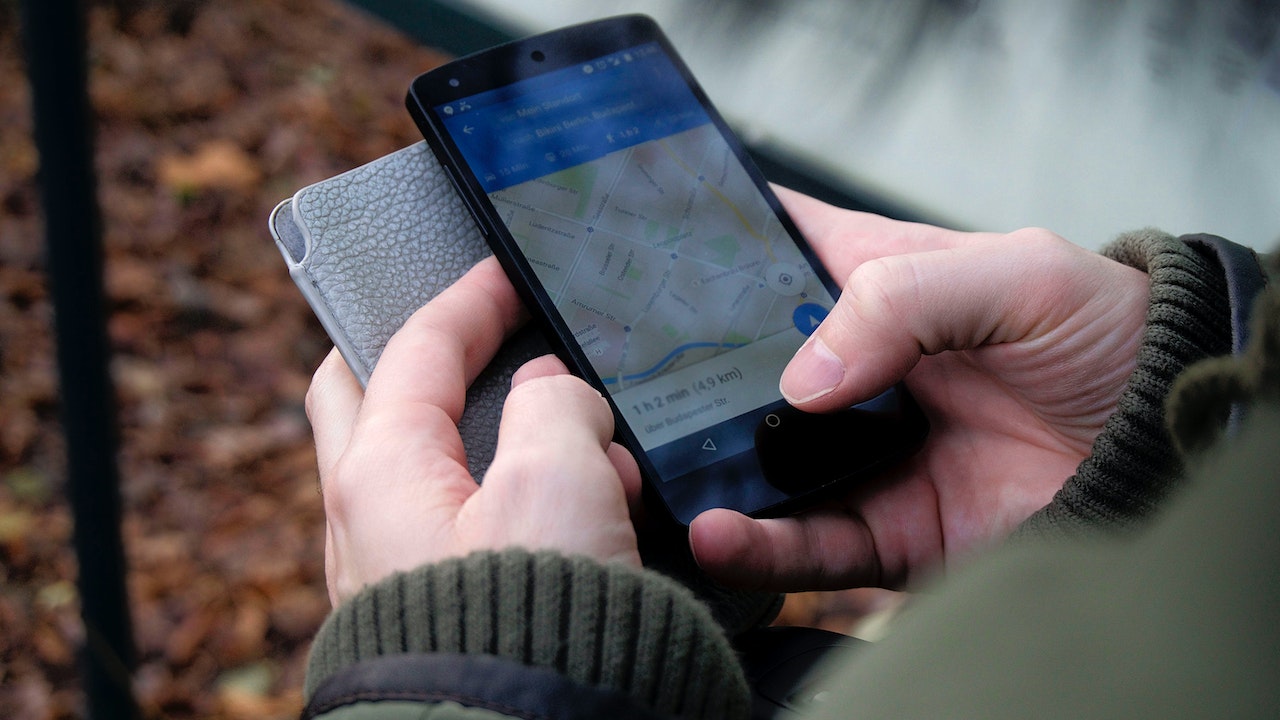Land for All: How Tech is Creating an Inclusive Landscape
This article explores how technology is changing the game for land rights and creating a more inclusive landscape. New technologies are helping to fill the gap in the lack of reliable data, increase transparency and accountability, and empower marginalized communities. While there are risks associated with using technology in securing land rights, the potential is enormous. Ultimately, technology can help to level the playing field for those who lack formal land rights and create a more just and equitable world.

Access to land is a fundamental human right, yet there are billions of people around the world who lack formal land rights. Without these rights, they are vulnerable to exploitation and displacement and have limited opportunities to improve their lives. However, technology is playing an increasingly important role in securing land rights and creating a more inclusive landscape. In this article, we will explore how tech is changing the game for land rights and what this means for the future.
One of the key challenges in securing land rights for all is the lack of reliable data. In many countries, there are no comprehensive records of who owns what land, making it difficult to determine who has legitimate claims to it. However, new technologies are helping to fill this gap. For example, drones can be used to create highly detailed maps of land, which can be used to establish ownership rights. In addition, blockchain technology can create secure and tamper-proof records of land ownership, making it much easier to verify ownership claims.
Another way that technology is helping to secure land rights is by increasing transparency and accountability. For example, mobile apps can be used to report land grabbing and other abuses, which can help to hold perpetrators accountable. Similarly, social media can be used to share information and raise awareness about land rights issues, which can help to mobilize communities and put pressure on governments to take action.
Perhaps the most exciting aspect of tech's potential to create an inclusive landscape is the way that it can empower marginalized communities. For example, community mapping tools can be used to create detailed maps of traditional territories and resource use, which can help indigenous communities to secure their land rights. Similarly, crowdsourcing platforms can be used to raise funds and support community-led land reform initiatives.
Of course, there are also risks associated with the use of technology in securing land rights. For example, there is a risk that the data collected through drone mapping and other technologies could be used by governments or corporations to displace people from their land. In addition, there is a risk that marginalized communities may not have access to the technology and resources needed to take advantage of these tools.
Overall, however, the potential of technology to create an inclusive landscape is enormous. By providing new tools for mapping, reporting, and mobilizing, technology can help to level the playing field for those who lack formal land rights. As we move forward, it will be important to ensure that these tools are used in a way that supports the rights of all people, and that marginalized communities are not left behind.
In conclusion, the issue of land rights is complex and multifaceted, but technology offers new opportunities for progress. By creating more reliable data, increasing transparency and accountability, and empowering marginalized communities, tech is helping to create a more inclusive landscape where land rights are respected for all. As we continue to explore the potential of technology in this area, we must remain vigilant to ensure that these tools are used in a way that supports the rights of all people, and that we continue to work towards a more just and equitable world.
ALSO READ
India’s Tax Transparency Champion: Unveiling Billion-Dollar Secrets
Drone Strike Devastates UN Peacekeepers in Sudan: A Call for Accountability
K Kavitha's Ambition and Allegations: A Future of Accountability?
Goa Nightclub Tragedy: Kejriwal Criticizes Corruption and Calls for Accountability
Tezpur University Shutdown: A Fight for Justice and Transparency










